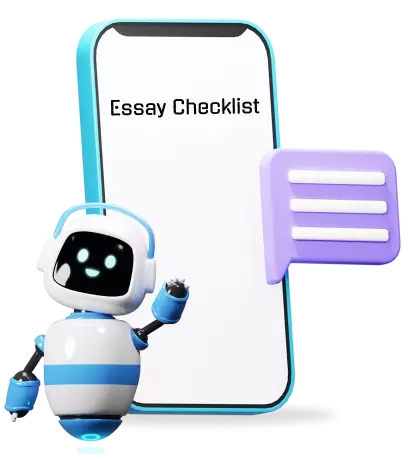
13 min read
Published on: May 1, 2023
Last updated on: May 4, 2023
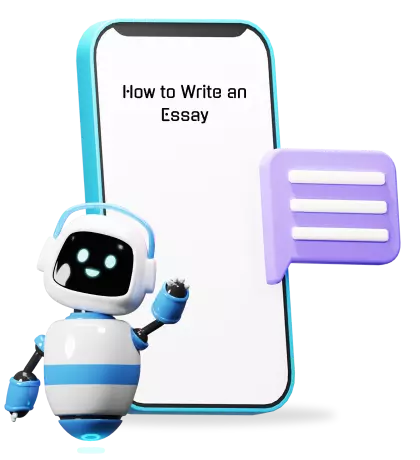
Have you ever wanted to share your thoughts or ideas on a topic but didn't know how to put them into words?
That's where essays come in!
Essays are written pieces that help you express your opinions, knowledge, or arguments in a clear and organized way.
You'll find essays in school, at work, and even in your personal life.
Learning to write a good essay is super important. It helps you think critically, research new ideas, and communicate better. Plus, it can lead to better grades, career growth, and personal improvement.
In this easy-to-follow beginner's guide, we'll teach you how to write an awesome essay, step by step. Get ready to impress your teachers, bosses, and friends with your writing skills!
Before you start writing your essay, it's crucial to understand the assignment you've been given.
Here's how to make sure you're on the right track:
Carefully read the essay prompt or assignment instructions. Pay attention to keywords and phrases that tell you what to do, like "compare," "discuss," or "analyze."
Make sure you understand the main question or theme you need to address in your essay. If you're unsure about anything, read the prompt again and underline the most important parts.
Different types of essays require different approaches. For example, a persuasive essay aims to convince the reader of a particular viewpoint, while an informative essay presents facts and information.
Check the assignment for the type of essay you need to write and any specific requirements, like word count, citation style, or formatting guidelines.
Knowing this information upfront will help you create a well-structured and focused essay.
If anything in the assignment is unclear, don't be afraid to ask your teacher, professor, or supervisor for clarification. It's better to ask questions at the beginning than to realize you misunderstood the assignment after you've spent time writing.
Make a list of any questions or concerns you have, and don't hesitate to reach out for guidance.
Taking the time to understand your assignment will ensure that you're on the right path from the start, helping you create an essay that meets all the requirements and expectations.
Now that you understand your assignment let's dive into the essay writing process.
Writing an essay typically involves three main stages:
Each stage plays a crucial role in creating a well-crafted essay, and it's essential to give each step the time and attention it deserves.
Before you start writing, take some time to prepare.
This stage includes understanding your assignment, choosing an essay topic, researching, and creating an outline.
The more time you spend on preparation, the easier it will be to write a clear and focused essay.
Remember to gather and organize your information, jot down your ideas, and think about the best way to present your argument and structure your essay.
Once you've prepared, it's time to start writing your essay.
Begin with the introduction, where you'll present your thesis statement and grab the reader's attention.
Next, move on to the body paragraphs, where you'll provide evidence and examples to support your thesis.
Finally, wrap up your essay with a conclusion that restates your main points and leaves the reader with a lasting impression.
After you've written your essay, set it aside for a while before starting the revision process.
Revising your essay allows you to spot any errors, inconsistencies, or areas that need improvement.
Check for grammar, spelling, and punctuation mistakes, as well as the clarity and flow of your writing.
Make any necessary changes, and don't be afraid to ask for feedback from peers or instructors to help you polish your essay.
Don't Let Essay Writing Stress You Out Any Longer. Try AI-Essay Writer For Effortless Writing!
While the three-stage process is a general framework for writing essays, you may need to adapt it depending on the type of essay you're working on.
For example, a narrative essay might require more focus on storytelling elements, while a compare and contrast essay will involve organizing and presenting similarities and differences.
Regardless of the essay type, the key is to understand the specific requirements and tailor your approach accordingly.
By following the essay writing process and adapting it to suit your needs, you'll be well on your way to creating a well-structured and engaging essay that effectively communicates your ideas.
Now let’s explore each of these phases in detail!
1. Choose a Topic:
Before you start writing, you need to select a topic for your essay. Start by brainstorming ideas that interest you or relate to the assignment.
Write down as many ideas as you can think of, then review your list and identify the most promising options.
Narrow down your topic by considering its relevance, your familiarity with the subject, and the availability of resources.
Aim for a topic that's specific enough to allow for a focused and in-depth discussion.
2. Research and Gather Information:
Once you have your topic, it's time to research and gather information.
Use reliable sources like books, academic articles, and reputable websites to find information about your topic.
As you research, take notes and keep track of your sources to make citing them easier later on.
Organize your notes by grouping related ideas together, which will help you when it's time to create your essay outline.
3. Create an Outline:
An outline is like a roadmap for your essay, helping you organize your thoughts and plan the structure of your paper.
Start by listing the main points you want to cover, and then arrange them in a logical order.
A basic essay outline should include an introduction, body paragraphs, and a conclusion.
Under each main point, jot down any supporting details or examples you want to include.
Remember that your outline is a flexible tool, so feel free to make changes as you write.
1. Write the Introduction:
Your essay introduction should grab the reader's attention, provide background information on your topic, and present your thesis statement.
Start with a hook, such as a surprising fact, a quote, or a question that will engage your audience.
Next, offer some context by briefly explaining the topic and its relevance.
Finally, write your thesis statement, which is the main idea or argument you'll be exploring in your essay. You can also go through some thesis statement examples to learn how to write one for your essay.
2. Write the Body
The body paragraph of your essay is where you'll develop your argument and provide evidence to support your thesis.
Each body paragraph should focus on one main point, beginning with a topic sentence that clearly states the point you'll discuss.
Follow the topic sentence with supporting details, such as facts, examples, or quotes, that help to prove your point.
Make sure your paragraphs are coherent and logically connected, using transitions to guide your reader from one idea to the next.
3. Write the Conclusion
In the conclusion paragraph, you'll summarize the main points of your essay and restate your thesis in a new way.
This is your chance to leave a lasting impression on your reader, so avoid simply repeating what you've already said.
Instead, offer a fresh perspective on your topic or suggest further implications or actions for your reader to consider.
Your conclusion should wrap up your essay in a satisfying and memorable way, leaving your audience with something to think about.
What to Include While Writing a Conclusion
Writing a strong conclusion is essential for leaving a lasting impression on your reader.
Here's what to include and what to avoid when wrapping up your essay:
a. Summarizing main points without repeating them verbatim:
Briefly revisit the main points of your essay without simply repeating the same words and phrases.
Paraphrase your ideas or use different wording to emphasize their importance.
This helps remind the reader of your argument without sounding repetitive.
b. Restating the thesis statement in a new way:
Your conclusion should restate your thesis statement, but with a fresh twist.
Try to present your main idea from a slightly different angle or use new words to convey the same message.
This shows that you've explored your topic thoroughly and reinforces your argument.
c. Offering a final thought or call to action:
End your conclusion with a final thought or call to action that encourages your reader to think about your topic further or take action based on your argument.
This could be a question, a recommendation, or a prediction about the future.
A strong ending can leave a lasting impact and make your essay memorable.
What Not to Include While Writing a Conclusion
a. Introducing new ideas or arguments:
The conclusion is not the place to introduce new ideas or arguments that haven't been discussed in the body of your essay.
Doing so can confuse your reader and weaken your overall argument.
b. Using clichés or overused phrases:
Avoid using clichés like "In conclusion" or "In summary."
Instead, try to come up with a more original and engaging way to introduce your conclusion.
Overused phrases can make your writing sound unoriginal and may detract from your argument.
c. Merely restating the introduction:
Your conclusion should do more than just restate your introduction.
While it's important to revisit your main points and thesis, your conclusion should also offer something new and thought-provoking to leave your reader with a strong impression.
d. Making apologies or expressing uncertainty:
Don't undermine your argument by apologizing for your opinion or expressing doubt about your ideas.
Your conclusion should be confident and assertive, leaving no doubt in the reader's mind about the validity of your argument.
By following these guidelines, you can craft a compelling conclusion that effectively wraps up your essay and leaves your reader with a lasting impression.
Revising and editing your essay is a crucial step in the writing process.
This stage ensures that your work is polished, error-free, and effectively communicates your ideas.
Here's what to focus on when proofreading and revising an essay.
Taking the time to revise and edit your work helps you identify and fix any errors, inconsistencies, or weaknesses in your argument.
It also allows you to refine your writing style, making your essay more engaging and easier to read.
Remember that even the best writers need to revise their work, so don't be discouraged if you find areas that need improvement.
Review your essay for any grammar, spelling, or punctuation mistakes that could distract your reader or undermine your argument.
Use a spellchecker or grammar-checking tool to help catch errors, but don't rely solely on these tools—be sure to read through your work carefully to spot any remaining issues.
During the editing process, focus on improving the clarity and style of your writing.
Make sure your sentences are concise and easy to understand and that your paragraphs flow smoothly from one idea to the next.
Look for ways to vary your sentence structure and word choice, and consider using transitions to guide your reader through your argument.
To ensure that your essay is well-crafted and meets all the necessary criteria, use the following checklist
Double-check that your essay addresses the assignment prompt and adheres to any specific guidelines, such as word count, citation style, or formatting.
Your thesis statement should be specific and clearly convey the main idea or argument of your essay.
Make sure your essay follows a logical structure. It should have a clear introduction, body paragraphs that focus on one main point each, and a conclusion that summarizes your argument and leaves a lasting impression.
Support your thesis with relevant and convincing evidence, examples, or quotes from reliable sources.
Ensure that your writing is clear, concise, and engaging, with varied sentence structures and appropriate vocabulary.
To maximize your chances of writing a successful essay you can check other essay examples and follow these tips by experts:
Time management and planning:
Start working on your essay as early as possible to give yourself enough time for research, writing, and revisions. Break the task into smaller steps, such as choosing a topic, creating an outline, and writing individual sections, and set deadlines for each step.
Practicing and improving your writing skills:
The more you write, the better you'll become at expressing your ideas and crafting compelling essays. Practice writing regularly, even if it's just for short periods, and experiment with different essay types and topics to build your skills.
Seeking feedback from peers and instructors:
Don't be afraid to ask for feedback on your work from classmates, friends, or teachers. Constructive criticism can help you identify areas for improvement and provide valuable insights on how to strengthen your essay.
By using the essay checklist and following these tips for success, you'll be well on your way to creating winning essays that effectively communicate your ideas and make a lasting impression on your reader. If you want to be sure of your grades, you can give our essay grader a try to see how well you have done on your paper.
So there you have it!
Writing an essay doesn't have to be complicated. With the right preparation, clear writing, and careful editing, you can create an essay that communicates your ideas effectively. Follow these steps, and you'll be ready to impress with your writing!
If you think your essay could use some improvements, give our AI essay writer a try for expert help.

WRITTEN BY
Cathy A. (Mass Communication, Education)
Cathy is a highly dedicated author who has been writing for the platform for over five years. With a Master's degree in Mass Communication, she is well-versed in various forms of writing such as articles, press releases, blog posts, and whitepapers. As an essay writing guide author at PerfectEssayWriter.ai, she has been helping students and professionals improve their writing skills by offering practical tips on research, citation, sentence structure, and style.
For more than five years now, Cathy has been one of our most hardworking authors on the platform. With a Masters degree in mass communication, she knows the ins and outs of professional writing. Clients often leave her glowing reviews for being an amazing writer who takes her work very seriously.
On This Page On This Page
Share this article
Essay Structure
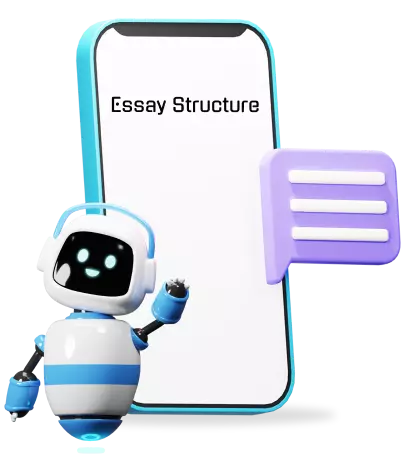
Essay Topics
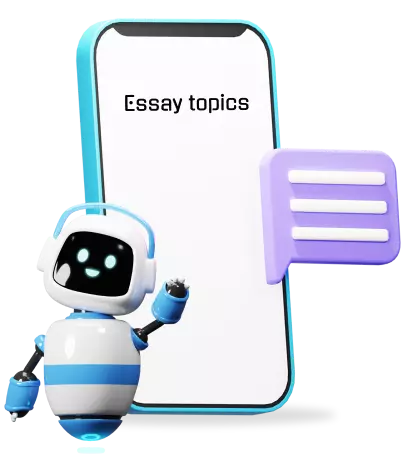
Essay Outline
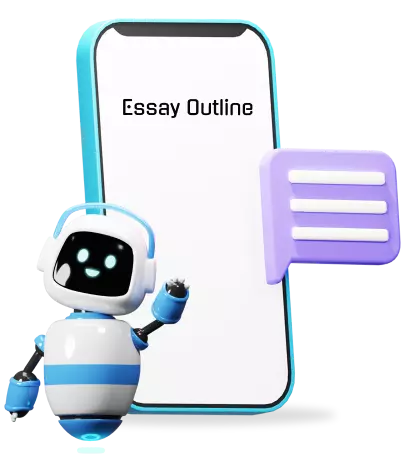
Essay Introduction
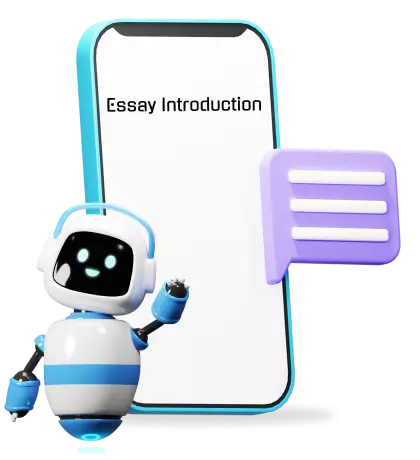
Thesis Statement
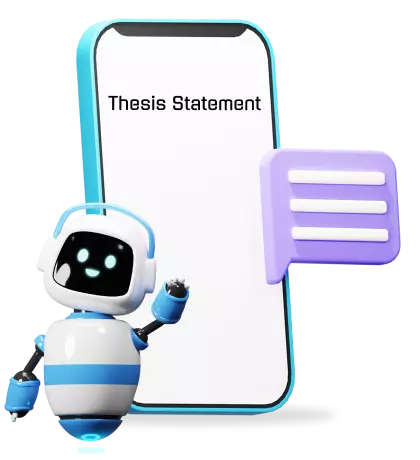
Thesis Statement Example
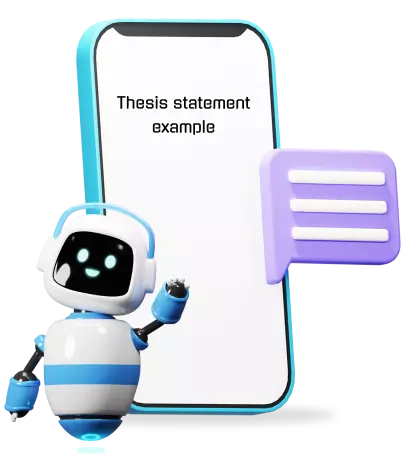
How To Write A Body Paragraph
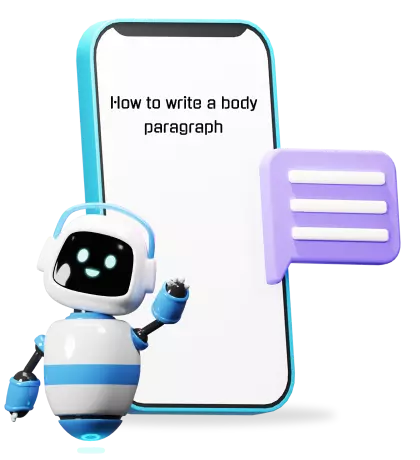
How To Conclude An Essay
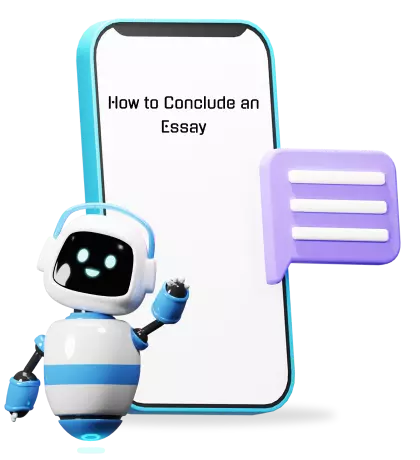
How to Revise an Essay
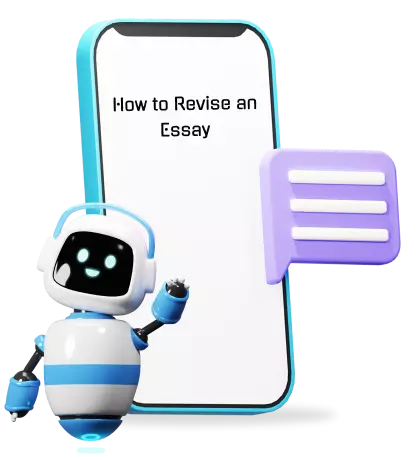
Essay Examples
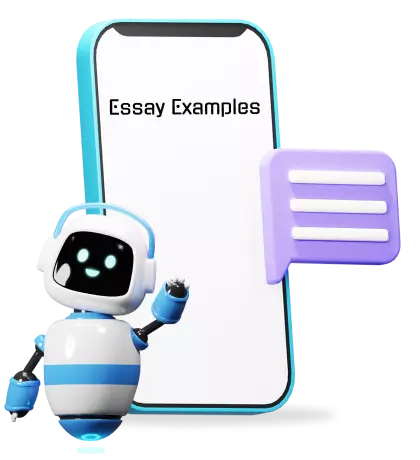
Types of essays
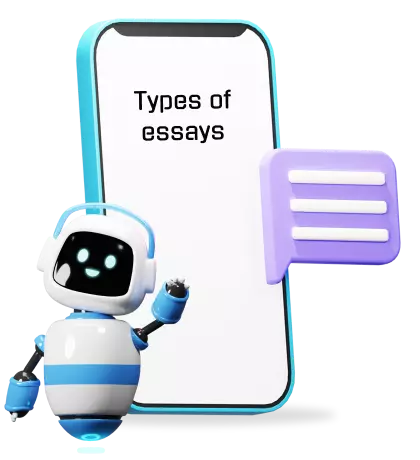
How Long is an Essay
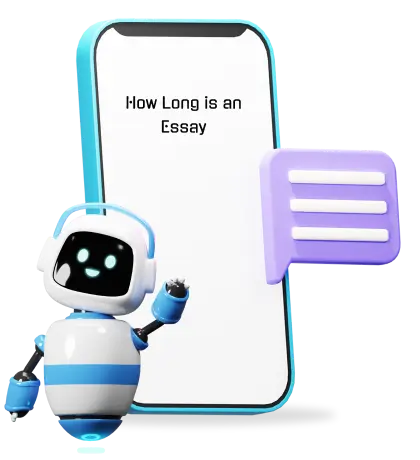
Essay Checklist
